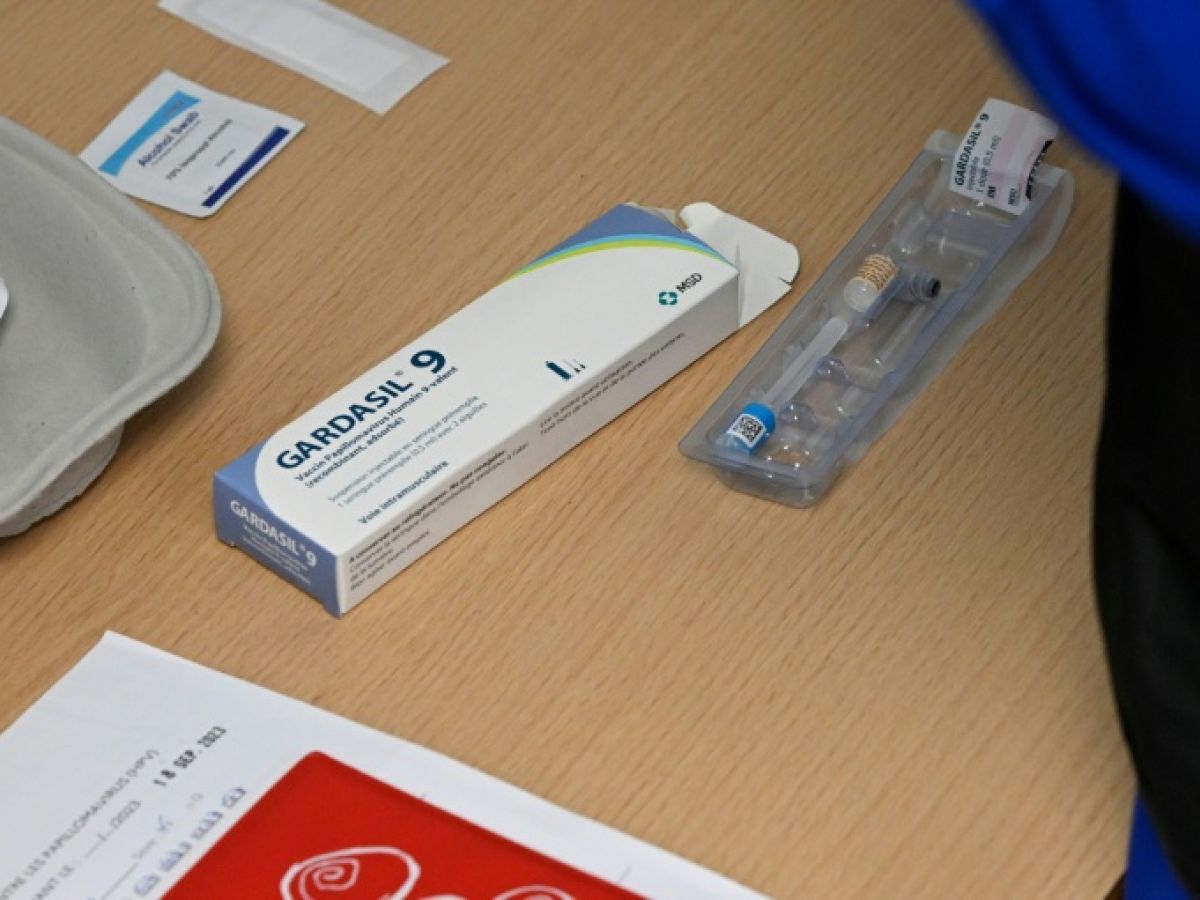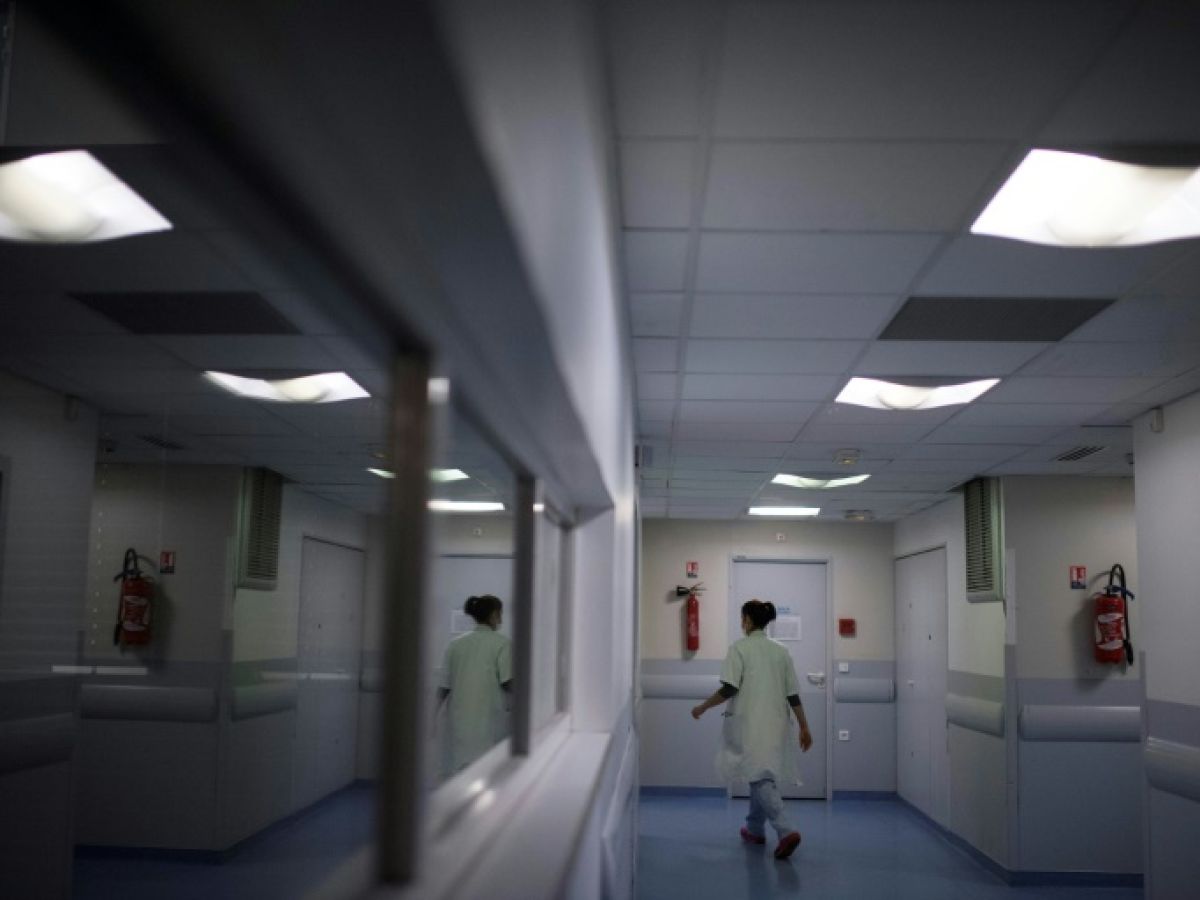Several hospital representatives and an online petition are warning about the low number of interns who will be joining French hospitals this fall.
Why will the number of positions decrease in 2024 compared to last year? And what will be the consequences for the health system?
– Who are the interns?
Interns are postgraduate medical students (from the seventh year to the twelfth). They work full-time in the hospital or on an outpatient basis, under the supervision of a senior physician.
To access the internship, students pass a competitive examination in the sixth year. The ranking plays a determining role because it allows them to choose, depending on the rank obtained, the future specialty and the city in which they will do the internship.
The number of open positions depends on the number of students applying and the health needs of the territories.
– 1,500 fewer this year?
According to the Official Journal, 7,974 positions have been opened for the new class of interns who will begin working in November, compared to 9,484 last year, or 1,510 fewer (-16%).
But the shortage of interns "will be more like a thousand," says Lucas Poittevin, president of the National Association of Medical Students (Anemf).
A reform of the competition – aimed at better assessing practical skills and the course – came into force this year and “two cohorts of students” coexisted: those concerned by the new examination methods and 662 other students “affiliated to the old system”, repeating after having failed in 2023.
The latter will be affected via “a separate procedure”.
- For what ?
The government "did not choose to reduce" the number of positions, explained the resigning Minister Delegate for Health, Frederic Valletoux, on Tuesday in Ouest-France. This number has decreased proportionally to the number of students registered for the competition.
The reason for this drop: the famous reform, which introduced for the first time an eliminatory mark in writing, and an oral test.
Part of the class (7% compared to the usual 3% according to the Conference of Deans of Medicine) strategically decided to repeat their fifth year, so as not to have to endure the rigors of the new competition.
According to the government, about 2% of the candidates failed the tests. A figure similar to other years.
– What does the petition say?
An online petition launched by Helene Herubel, a Parisian student, and signed by nearly 20,000 people, denounces a “profound injustice” for the 2024 class.
These students, who have been dreaming of a specialty for years (surgery, cardiology, ENT, etc.), believe that they were insufficiently prepared for the new procedures, modified in the middle of their course, and are asking the government to reopen positions in highly sought-after specialties.
The number of positions has been reduced "without taking into account" their career wishes, for example reducing the number of positions in plastic surgery "by half", they lament.
Thus Helene Herubel, who arrived "around rank 3,000" in the competition, hoped to have a chance of becoming an ENT specialist since in 2023, "the last student accepted was at 3,300". But according to the first simulations, she "should have arrived in the first 2,400 this year".
– What consequences?
According to several unions, interns represent 40% of the hospital medical workforce and their reduction risks further increasing the workload and on-call hours of practitioners in post.
Professionals "are wondering how they are going to run their services" when "interns work 59 hours a week on average," Guillaume Bailly, president of the National Intern Union (Isni), explained to AFP.
"This drop may be worrying but it is not a collapse", this figure "will normally recover" next year, with the arrival of repeaters, estimated Arnaud Robinet, president of the French Hospital Federation (FHF) on France Inter on Tuesday.
To compensate for the shortage, the government is considering temporarily resorting to foreign doctors.
– What solutions?
"Rather than looking for replacements to fill the gaps, we are asking that students be given priority," argues Helene Herubel.
But reopening positions in certain popular specialties would risk depriving other specialties of interns, observes Lucas Poittevin (Anemf). The executive is seeking to "preserve a sort of balance" between specialties and territories, he adds, arguing for reviewing "several points of the reform."
The dematerialized procedure for assigning positions begins on Friday.


